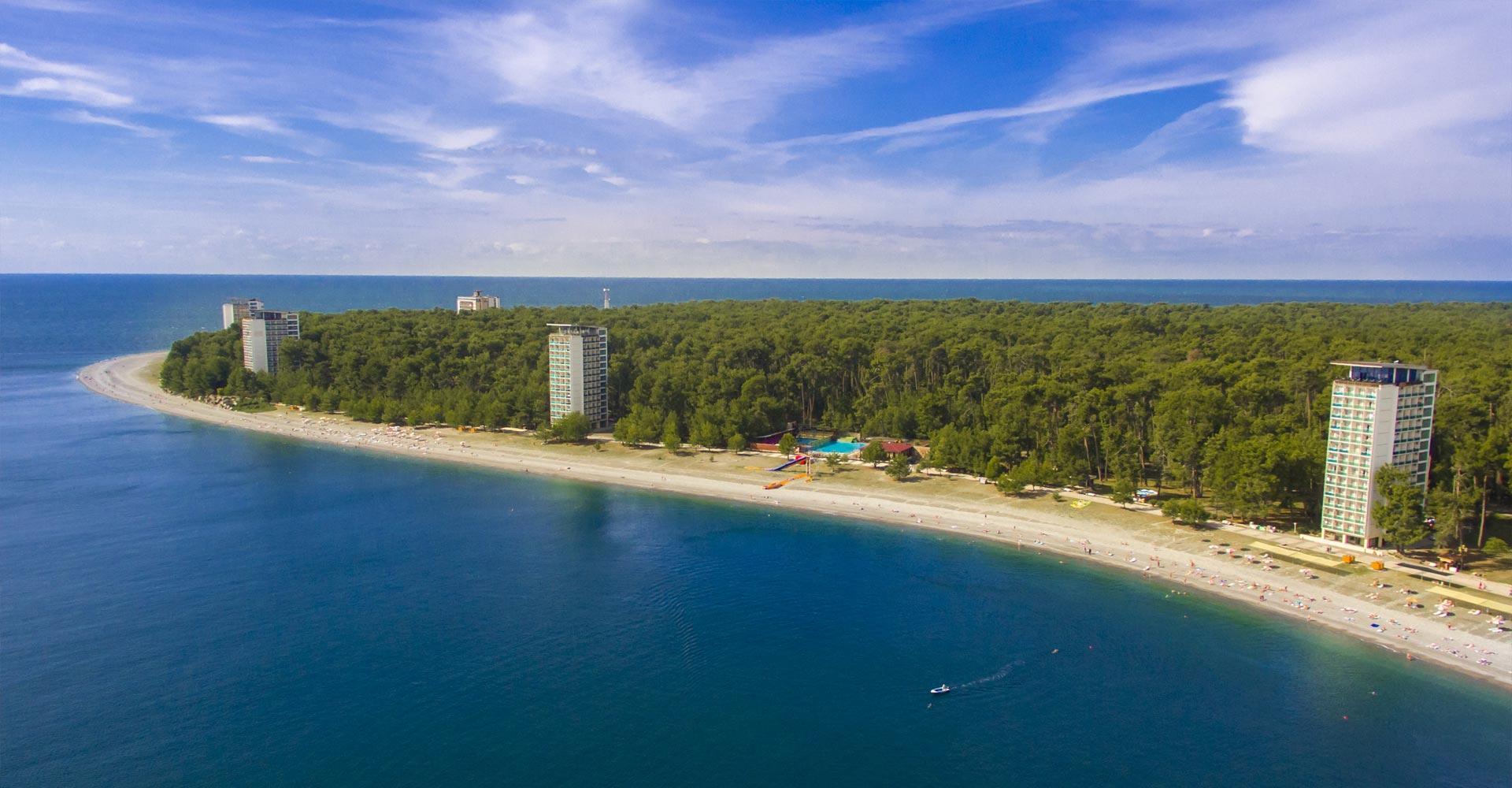Abkhazia has remained largely unknown even to the interested political observer. It is one of the most isolated European countries. After the dissolution of the Soviet Union, Abkhazia fought for its independence from Georgia in a bloody war. Only a handful of countries have recognized its independence, among them Russia which has invested in Abkhazia and provides it with security guarantees. The EU has ignored Abkhazia and so has Georgia. On 30 May 2023 a new generation of citizens protested in the capital Sukhum demanding the resignation of the government. Is it not time for the EU to engage with Abkhazia, or will it continue its large dependence on Russia?
Dieter Boden, 23 June 2023
Abkhazia has remained largely unknown even to the interested political observer. Geographically located in the northwest of the Caucasus, it only came into being after the dissolution of the Soviet empire and through a bloody war, in which it seceded from Georgia in 1992-93 and unilaterally declared independence. Only a handful of countries have recognized the independence of Abkhazia, among them is the great power Russia. Pursuant to international law and, in accordance with the principle of territorial integrity, the rest of the international community considers Abkhazia as a part of Georgia. However, an international forum meeting on this issue under the aegis of the United Nations has been meeting in Geneva since 2008 and has so far been unsuccessful. In more than 50 rounds of negotiations, this international forum has made little to no progress.
Russia dominates Abkhazia politically, economically and, above all, militarily. It is the protective power that guarantees Abkhazia’s security both internally and externally by, for instance, maintaining a presence to control entry and exit at the borders. This has made Abkhazia one of the most isolated countries in Europe. However, with its nearly 200 km of coastline, it is an invaluable trump card for Russia in the strategic power poker over the Black Sea, which has been rekindled by the war over Ukraine.
And yet the relationship between the Russians and the Abkhazians, although seemingly untroubled on the outside, is not without its tensions. The reasons for this are problems arising primarily from the Russian desire to acquire Abkhazian real estate. For Russia, the value of such real estate has risen significantly, especially in the wake of the Ukraine war; for Abkhazia it is a threat to its hard-won independence. More than one million Russians came to Abkhazia as tourists in 2022 and learned about the beauties of that country, which remains closed to Western tourists. A law passed in 2012 prohibits the sale of real estate to foreigners – including Russians. Russia is pursuing – unsuccessfully to date – a revision of this law. There are also disagreements over the purchase of Russian energy supplies, where substantial price increases have been announced.
On the surface, this difference of opinion pertains primarily to matters of energy policy and real estate, but in reality, what is ultimately at stake is the national identity of the Abkhazian people, who number only about 110 000 compared to all-powerful Russia. Recently, there is growing opposition to this dependence and to the pro-Russian policies of President Bzhania and his government. The high point of this movement was a demonstration of c.1000 participants on 30 May 2023 in the streets of the capital Sukhum where a resolution was passed calling on the government to resign. A list of demands was presented containing about a dozen points, including: the creation of a Council for Reform with a “road map of national tasks for the next two years”, the prevention of real estate sales, and averting increases in electricity prices. In the event of a refusal to open talks, further protest actions have been announced.
It remains to be seen to what extent a new Abkhazian opposition movement against Russian hegemony can establish itself in a region that until now has been considered part of Russia’s backyard. It is quite clear that there is a new generation of critical thinkers in Abkhazia that are questioning the prevailing traditional political consensus. Adgur Ardzinba, leader of an Abkhazian national movement, is a good example of such a new leader, who looks to the West and actively considers a European option for the future of his country. Yet for these leaders, current realities, which include Russian security guarantees and protection, remain indispensable at present. This relationship with Russia does not involve genuine affection, but is rather considered part of Abkhazia’s political reality.
First and foremost, Georgia is called upon to find solutions to the ongoing conflict with its breakaway region of Abkhazia. Yet Georgia has put forward remarkably few initiatives to solve the issue, whose first step would have to be a policy of confidence-building in order to restore the trust lost during the Abkhazian war of 1992-93. The Abkhaz minority lost over four thousand people during this war and is traumatized by it. There are no efforts on the part of Georgia to enter a direct dialogue with Abkhazia at the top political level. During his inauguration two years ago, Abkhazia’s President Bzhania made an offer to start a direct dialogue with Georgia, which has gone unanswered.
And the EU? It, too, remains challenged in this matter. The Abkhazians are part of the European family, but travel to Europe is barred and no solution to this issue is in sight. Abkhazians are blocked owing to their unrecognized passports. The only way out is Russian passports, which only a part of the population possesses. The EU states should create possibilities to solve this problem constructively.
More direct communication between the EU and Abkhazia is needed. EU parliamentarians, members of EU governments, and also NGOs – who have been active under difficult circumstances for some time – should not hesitate to establish contact on an informal level. Just because Abkhazia is a protectorate of Russia does not mean it is not worthwhile to start constructive dialogue. A rethinking is needed here.
The argument that Europe is driving Abkhazia further into Russia’s arms by a policy of deliberate disregard is not unjustified. Ending Abkhazia’s isolation should be seen as a project that is in the interest of the EU. Initiatives by individual countries would certainly help move this process along.







